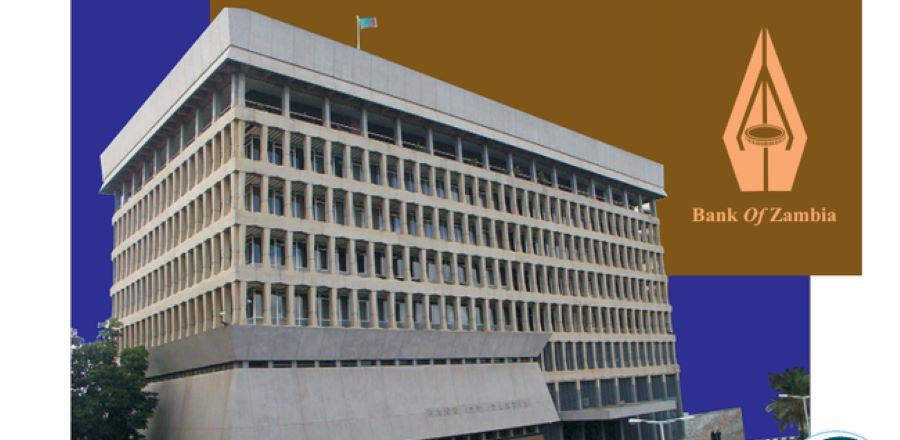(3 minutes read)
The Bank of Zambia (BOZ) has increased the monetary policy rate by 100 basis points to 11 percent from the previous 10 percent in quarter 3 (Q3)
The Bank of Zambia (BOZ) has increased the monetary policy rate by 100 basis points to 11 percent from the previous 10 percent in quarter 3 (Q3). Speaking at a monetary policy committee (MPC) announcement in Lusaka attended, BOZ Governor Dr. Denny Kalyalya attributed the increase to the persistent inflationary pressures since the last MPC in August. He noted that inflation rose to an average of 11% in the third quarter from 9.9% in the second quarter. Inflation increased to 12.6% from 12% in September. Major drivers of inflation were higher food mostly maize and its products, retail fuel prices as well as the depreciation of the kwacha against the US dollar.
MPR is a necessary move to control inflation and stabilize the economy. However, its impact on the economy and ordinary citizens cannot be overlooked. The MPR is the benchmark interest rate used by the Central Bank to control inflation and regulate the money supply in the economy.
Read Also:
https://trendsnafrica.com/zambia-trying-to-restructure-eurobonds-to-improve-sovereign-rating/
The increase in interest rates hikes the cost of borrowing money from banks and other financial institutions. Though this may curb the borrowing and spending from banking sources and reduce inflationary pressure, it will have a distortionary effect on the economy as it negatively impacts business confidence. Because of the higher costs, businesses and industries would not come forward to borrow money, which would affect the investment tempo in the country. The increase in interest rates will negatively affect businesses, especially those that rely on borrowed funds to operate, and further increase the cost of production, which may lead to an increase in the prices of goods and services.





